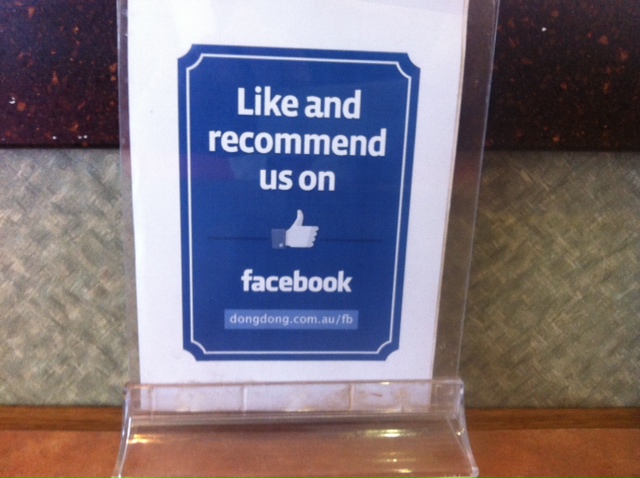Yesterday the Search Engine Land website broke the news that Google Authorship is dead.
The quiet abandonment of Google Authorship once again shows why businesses and creative workers shouldn’t trust online services to reward their work.
Google Authorship was a subset of the company’s Google Plus service that let writers and journalist claim their work.
For authors Google Authorship was a useful tool in the battle against the verminous ‘content scrapers’ whose business lies in stealing other peoples’work. It was also a good way of building an online portfolio.
Google benefited from a huge improvement in the quality of its data as its algorithms authorship made it easier for the algorithm to identify original sources.
Using Google’s Authorship tool wasn’t easy, like many of the company’s services it was cumbersome to setup, opaque and subject to arbitrary rules.
Many journalists, bloggers and writers went through the process however as they saw the benefits and trusted Google to maintain the service.
Trusting Google to maintain any service is risky with the company’s well deserved reputation of axing services the moment management’s attention turns to the next shiny thing.
Which is exactly what’s happened to those who’ve invested their time in Google Authorship and they join the disillusioned masses who’ve been burned by the company previously with services like Google Wave.
The lessons from Google’s dropping of Authorship shouldn’t be lost on those working hard to build Google Plus profiles.
Right now, despite the propaganda for those with a lot invested in the service, Google Plus is not travelling well and it’s in a dangerous zone within the company with the departure of its internal management champion Vic Gundotra earlier this year.
The risk of investing too much time on Google Plus is clear, however it would be unfair to single Google out as being alone in presenting this risk.
Every social media service and publishing platform carries the same risk.
Those spending hours creating Facebook communities or carefully crafting LinkedIn or Medium posts need to remember they are only their by the grace and favor of the service.
Nothing replaces your own website as an online property. Your mission is to drive as much traffic to it as possible. Social media platforms can help you do this, but they are not your friends or business partners.
Don’t forget this.
Similar posts:




